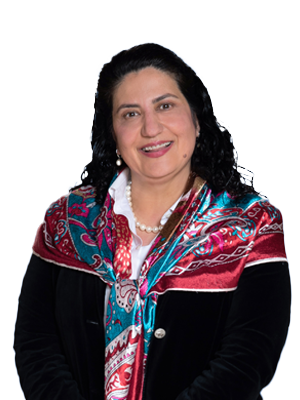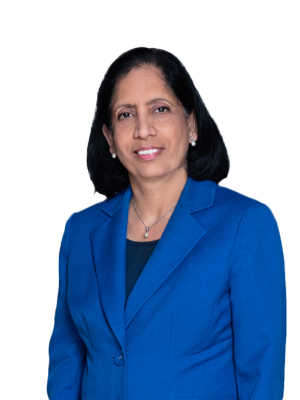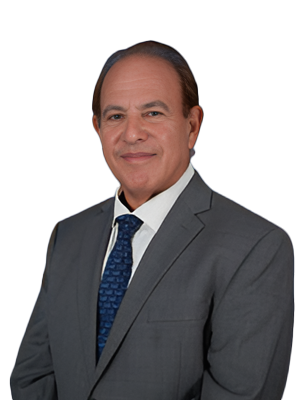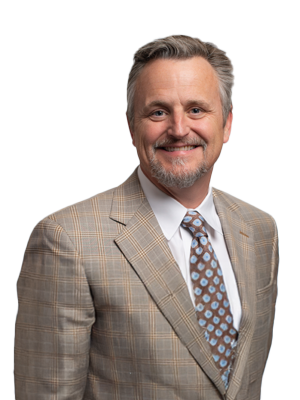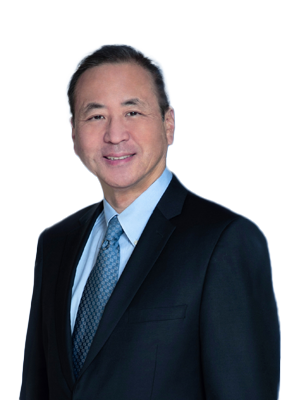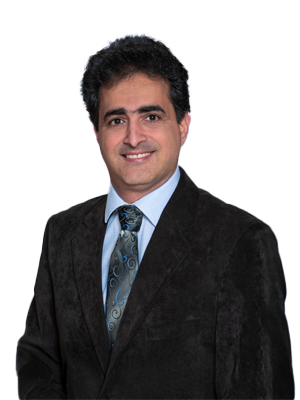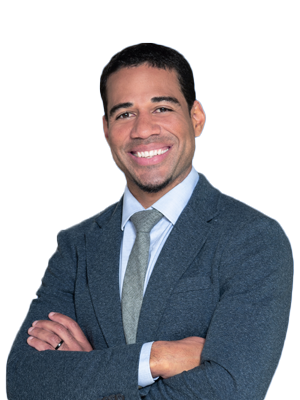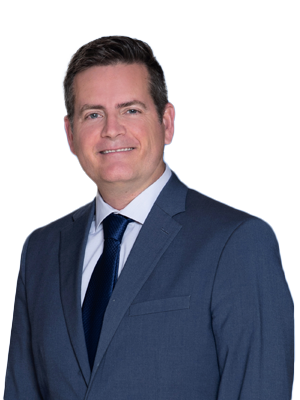STRIVE Internship Program
The National Institute of Health (NIH) / National Eye Institute (NEI) has funded the Short-Term Research In Vision & Eye Health (STRIVE) Program which aims to train qualified medical students who have an interest in ophthalmology and vision research, as well as improve diversity in the workforce.


STRIVE Program
STRIVE Internship Program
This would be the first and only summer medical student research training program at UC San Diego (UCSD) focused on ophthalmology, vision research, and eye health. This program is specifically tailored to medical students who have some clinical knowledge and academic interest, but who may not have extensive prior research experience.
The program will provide full-time research and clinical support for 10 consecutive weeks at UC San Diego during the summer for 4 qualifying medical students per year from across the country. The program will include hands-on research experience, career development, and long-term mentorship. The multi-disciplinary research training experience will also include instruction in areas such as biostatistics, research ethics, and leadership skills. There will be an opportunity at the summer research symposium for the trainees to present their work. The trainees will be able to collaborate with mentors to develop their work for presentations at national conferences.
This is a paid internship, with monthly stipends ranging from about $2200 per month for predoctoral interns.
Curriculum Highlights
- Faculty Mentorship
- Campus Seminars
- Lectures on Ophthalmology and Vision Research
- Research Reproducibility Workshop
- Lectures on Bioethics and Biostatistics
- Understand Research with Older, Underserved Populations
- Communication Workshops for Effective Writing, Presentation Skills, and Publication Strategies
2026 Summer Application
Apply Now- Deadline to apply is January 23, 2026
Eligibility + Questions
For any questions regarding the application process or eligibility requirements, please contact UC San Diego program coordinator Victoria Patronilo at vpatronilo@health.ucsd.edu
Eligibility
- Per NIH funding guidelines, this program is only open to US citizens or permanent residents.
- Completed at least an undergraduate degree, but applicants can be post-baccalaureate students, predoctoral students, postdoctoral fellows, medical trainees, or other allied health professionals.
- The program requires full-time effort, and the applicant cannot be doing medical school rotations or other jobs concurrently.
- Applicants must provide a personal statement of career goals and their interest in the training program (word limit: 750 words).
- Applicants must provide two letters of recommendation from a faculty member from their undergraduate school and/or medical school. Both letters need to be submitted by the application due date.
- Provide academic transcripts (unofficial is acceptable).
- The application requires contact information and a history of the individual’s education, previous honors/rewards, activities, and experience in ophthalmology and research (in any area, not just limited to ophthalmology/vision science).
Faculty Team
For any questions regarding the application process or eligibility requirements, please contact UC San Diego program coordinator Victoria Patronilo at vpatronilo@health.ucsd.edu
Viterbi Family Department of Ophthalmology and Shiley Eye Institute
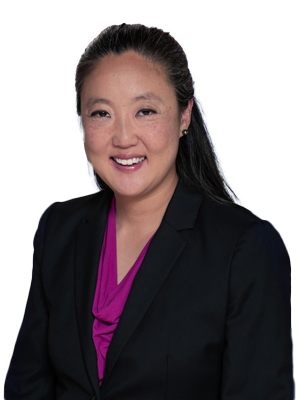
Jolene Rudell, MD, PhD
(Principal Investigator / Program Director) Assistant Clinical Professor of Ophthalmology

Linda Zangwill, PhD
(Co-Principal Investigator / Program Director) Professor of Ophthalmology Research Director, Hamilton Glaucoma Center, Data Coordinating Center Shiley Eye Institute at UC San Diego
Department of Biomedical Informatics
Department of Medicine, Division of Geriatrics, Gerontology and Palliative Care
Geriatric Medicine and Psychiatry
Scripps Department of Molecular Medicine
Alumni Testimonials: STRIVE Interns
2025 STRIVE Alumni
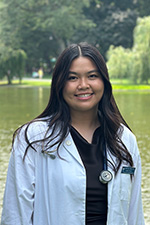
Christina Tran
Comparative Evaluation of Exosome Isolation Methods from Human Tear Fluid
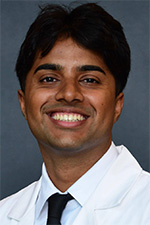
Naren Ramesh
Associations Between Satellite-Based Ambient Ultraviolet Radiation and Uveal Melanoma Incidence in the MarketScan® Commercial Claims Database
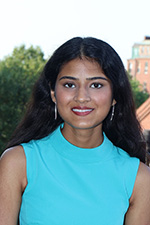
Riya Mittal
Associations Between Smoking Intensity and Glaucoma
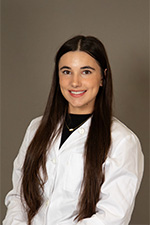
Tori Sayers
Spatial Proteomic Analysis of Early Dry AMD
2024 STRIVE Alumni

Collin Else
Glycomics of the Human Trabecular Meshwork: Heparan Sulfate as a Mediator of Aqueous Outflow Resistance

Ashley Hong
Resetting the Brow: A Small-Incision Frontalis Advancement Approach to Brow Ptosis

Patrick Akarepimand
Associations Between Physical Activity and Glaucoma: Analysis of the National Institutes of Health All of Us Research Program

Marissa Stinnett
Association of Social Determinants of Health on Visual Outcomes in Pediatric Blepharokerato-conjunctivitis
2023 STRIVE Alumni

Jason Zhou
Use of EHR to Extract Normative Eyelid Measurements

Karla Murillo
Visual Field Progression Rate and Laminar Depth in the African Descent and Glaucoma Evaluation Study (ADAGES)

Leo Meller
Association Between Alcohol Use and Glaucoma Using Data from the National Institutes of Health All of Us (AoU) Research Program

Luke Valmadrid
Autoregulation as a Biomarker for Diabetic Retinopathy: An Ongoing Study
2022 STRIVE Alumni

Rhiannon Buchholz
Optical Coherence Tomography Angiography (OCT-A) of Conjunctiva in Health and Disease

Mohammedreza Farchchi
Effect of Oxidative Stress from Hydroquinone on Cataract Development

Justin Huynh
Deep Learning Image Quality Assessment and Enhancement of Fundus Photographs Increases Accuracy in Automated Glaucomatous Optic Neuropathy Detection

Bryanna Lee
Investigating the Associations between Smoking and Fuchs Endothelial Corneal Dystrophy through RNA Sequencing
Information about diversity and inclusion is available through multiple venues. First, there are several websites available that provide information about diversity initiatives across the entire campus (diversity.ucsd.edu) and the (School of Medicine). Many departments have their own websites as well. Virtually all departments at UCSD have identified an Equity, Diversity, and Inclusion (EDI) ambassador, typically a faculty member who spearheads diversity-related initiatives in their areas/specialties and also collaborates with various entities across the medical school.
There are several active affinity organizations for UCSD medical students. These include:
The Association of Native American Medical Students (ANAMS)
The Asian Pacific American Medical Students Association (APAMSA)LGBTQ
Pharmacy and Medical Students (LGBTQ-PhaM)
The Latino Medical Student Association (LMSA)
Medical Students for Justice (MS4J)
The Student National Medical Association (SNMA)
UCSD also offers a curricular pathway called Program in Medical Education – Health Equity (PRIME - HEq), which part of a system-wide effort at the University of California to train physicians better able to meet the needs of the diverse Californian population who are traditionally underserved by the medical system. PRIME-HEq faculty work with students to identify populations or communities at risk for health disparities. Students will then receive exposure, training, and the opportunity to work with the identified group to further their passion in the area and provide knowledge and skills to better equip the students to improve health equity for the group.
- UC Campus Diversity Efforts
- UCSD Office for Equity, Diversity, and Inclusion
- Center for Faculty Diversity and Inclusion
- UCSD School of Medicine Office of Diversity and Community Partnerships
- UCSD Student National Medical Association
- UCSD Black Resource Center
- UCSD Latino Medical Student Association
- UCSD Women’s Center
- UCSD Hispanic Center of Excellence
- UCSD LGBT Resource Center
